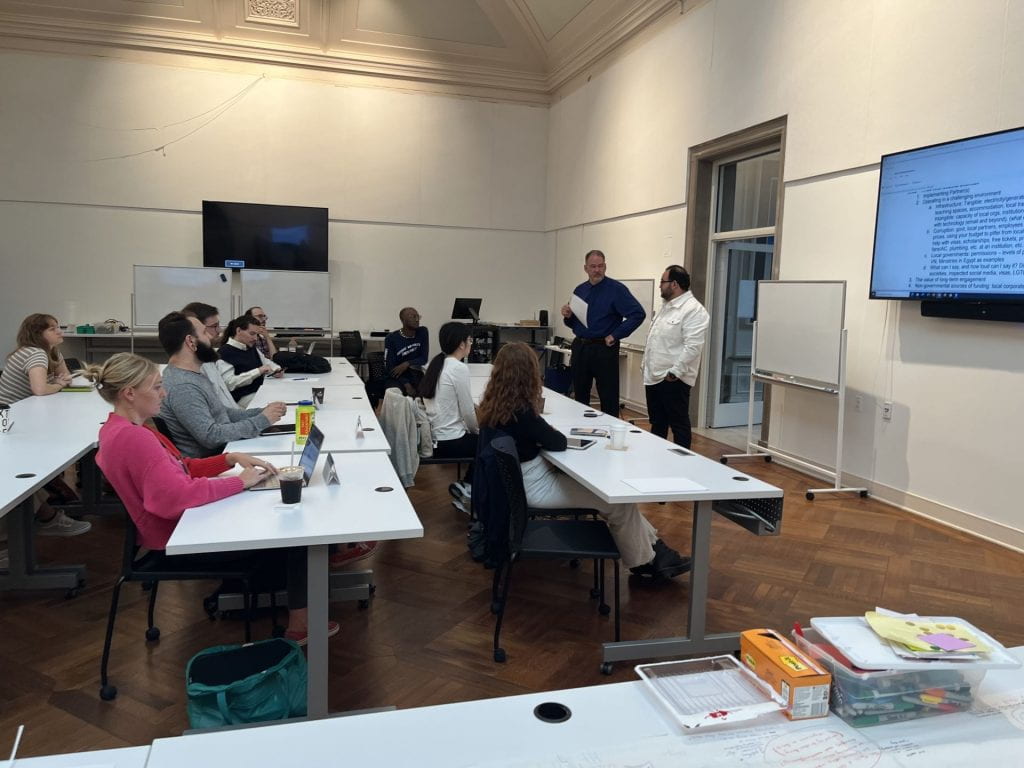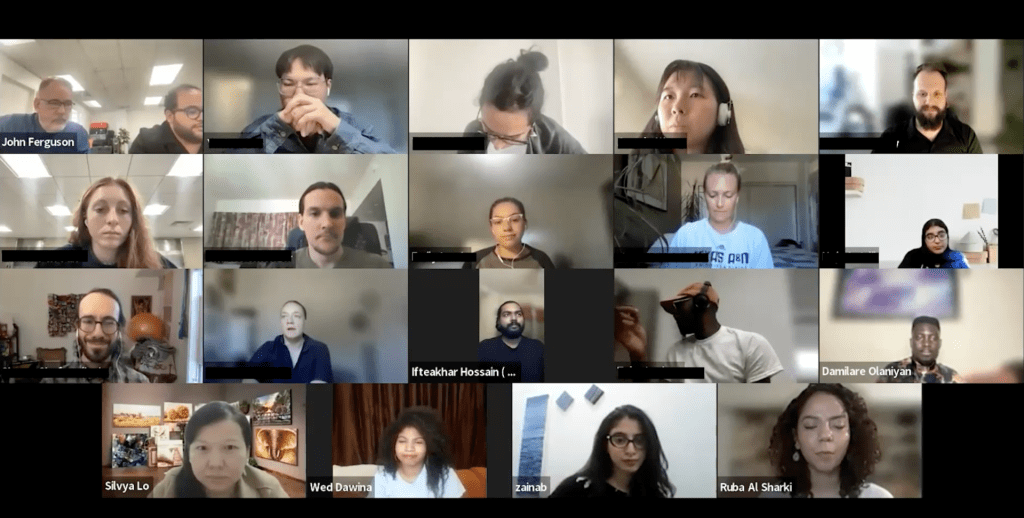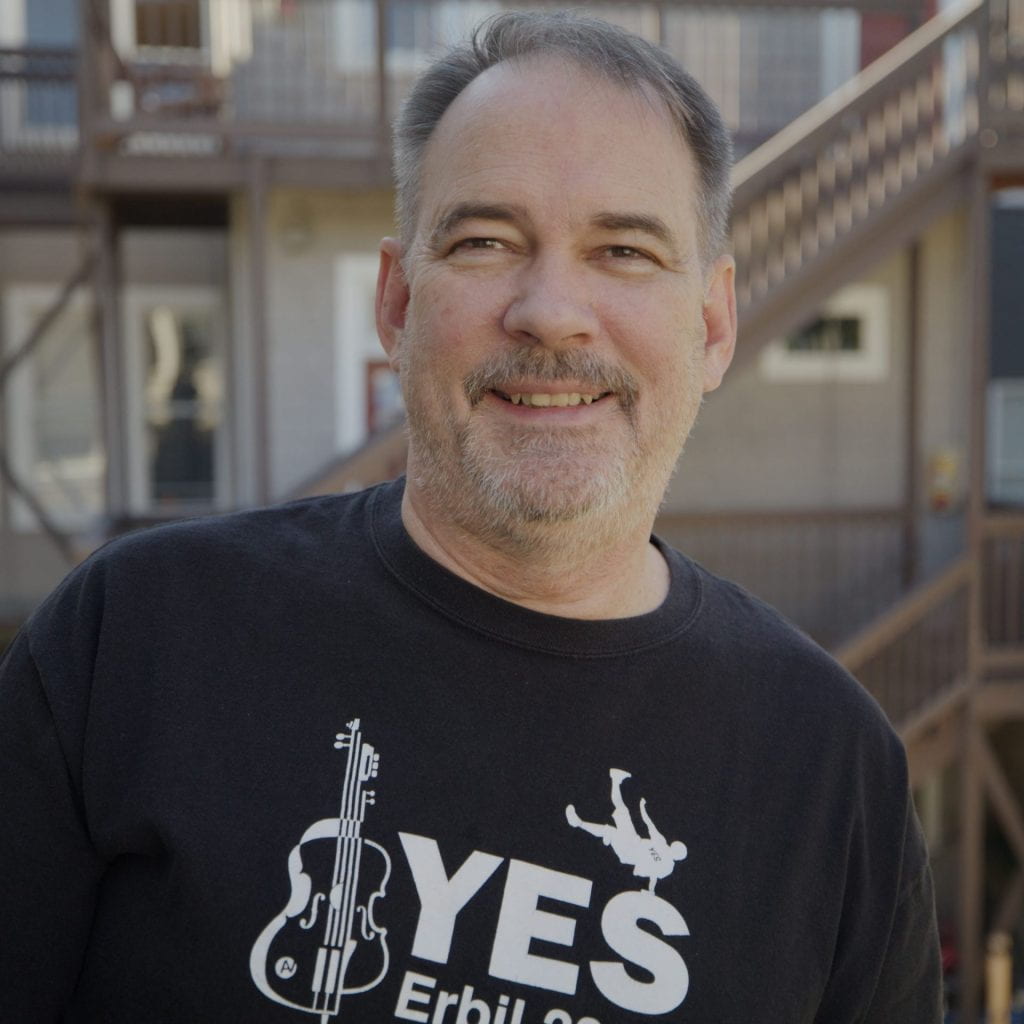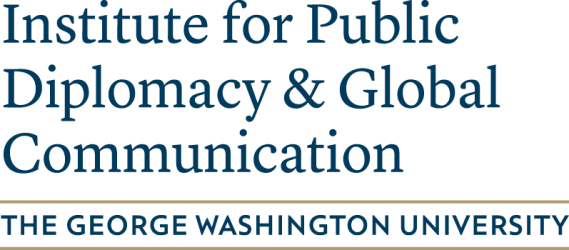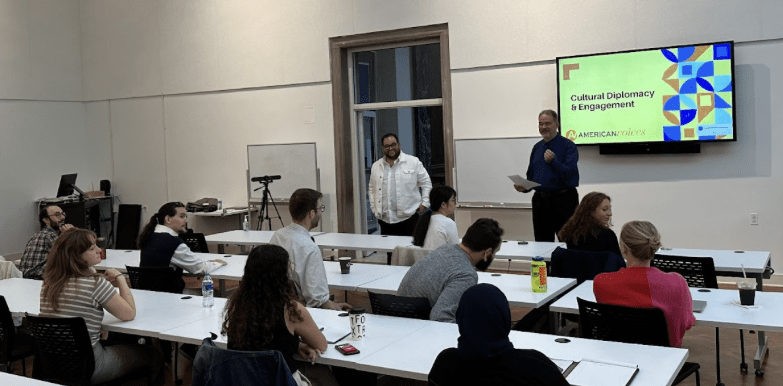Intended for teachers of public diplomacy and related courses, here is an update on resources that may be of general interest. Suggestions for future updates are welcome.
Bruce Gregory can be reached at BGregory@gwu.edu
Marguerite Cooper, “Through the Rearview Mirror: The 1970s Reform of Women’s Role in Diplomacy,” The Foreign Service Journal, 100, No. 6, (July/August, 2023), 44-47. In this informed and instructive article, retired Foreign Service Officer (FSO) Marguerite Cooper narrates “what near ground zero looked like 50 years ago for women” in US diplomacy. After summarizing varieties of inequities, she describes reform initiatives that over time led to change: FSO Alison Palmer’s successful Equal Employment Opportunity (EEO) complaint in 1971, her sex discrimination class action lawsuit against the State Department in 1976 (Cooper was a co-plaintiff), the important role of the Women’s Action Organization, and initiatives of State’s Open Forum Panel. Cooper cites FSJ articles and Alison Palmer’s book, Diplomat and Priest: One Woman’s Challenge to State and Church (2015), as useful supplements to her account. Palmer’s account provides essential additional information. She and other FSOs were activists in State’s American Federation of Government Employees (AFGE) union in the 1970s. Palmer is generous in her praise for AFGE’s EEO specialist Judith Hirst and FSO Harrison Sherwood “who devoted hundreds of hours to working” on her EEO complaint and for the Foreign Service women who were named plaintiffs in her class action lawsuit.
Mai’a K. Davis Cross and Saadia M. Pekkanen, eds., “Space Diplomacy: The Final Frontier of Theory and Practice,” The Hague Journal of Diplomacy, 18, Issue 2-3 (May 2023). In this timely and innovative special issue, Cross (Northeastern University) and Pekkanen (University of Washington, Seattle) compile essays that analyze theories and practices of an eclectic array of diplomacy practitioners. They include scientists, astronauts, space enthusiasts, professional diplomats, space agencies, private companies, start-ups, think tanks, and empowered individuals. The essays illuminate ways “persuasion, communication, and bargaining” are shaping interactions, conflicts, and outcomes in the burgeoning global space economy. In their introduction Cross and Pekkanen discuss varieties of space diplomacy, science space diplomacy as a distinct category, their framework of analysis, and an overview of the articles. This HJD special issue is instructive for many reasons, particularly its focus on the range of practitioners, their uses of methods in diplomacy’s public dimension, and ways diplomatic practice informs both theory and political, economic, and military policies and outcomes. Their introduction is especially valuable for its insights at the crossroads of theory and practice in an understudied domain in societized diplomacy. All articles are open-access.
Research Articles
William Stewart and Jason Dittmer (University College, London), “More-than-Human Space Diplomacy: Assembling Internationalism in Orbit.”
Kunhan Li (University of Nottingham) and Maximilian Mayer (Bonn University), “China’s Bifurcated Space Diplomacy and Institutional Destiny.”
Saadia M. Pekkanen, “Japan’s Space Diplomacy in a World of Great Power Competition.”
Marianne Riddervold, (Inland Norway University of Applied Sciences) “The European Union’s Space Diplomacy: Contributing to Peaceful Co-operation?”
Nikita Chiu (University of Exeter), “Orbis non sufficit—Co-operation and Discord in Global Space and Disarmament Governance.”
Nancy Riordan (University of Massachusetts, Boston), Miloslav Machoň, and Lucia Csajková (Prague University of Economics and Business), “Space Diplomacy and the Artemis Accords.”
Mariel Borowitz (Georgia Institute of Technology), “Let’s Just Talk About the Weather: Weather Satellites and Space Diplomacy.”
Practitioners’ Perspectives
Jan Wörner (German Academy of Science and Engineering), “Space Diplomacy.”
Rick W. Sturdevant (United States Space Force), “Deterrence and Defense: The US Military and International Partnering for Peace in Outer Space.”
Naoko Yamazaki (Space Port Japan Association), “Space Diplomacy from an Astronaut’s Viewpoint.”
Frank White (The Human Space Program, Inc.), “Space Diplomacy and the ‘Overview Effect.’”
Timothy Garton Ash, Homelands: A Personal History of Europe,(Yale University Press, 2023). In his latest book, Garton Ash, celebrated journalist, intellectual, author of Free Speech: Ten Principles for a Connected World, The Magic Lantern, and many other works, turns to a panoramic view of Europe’s journey over the past half century. Part memoir, part history, and part critical reflection, his account narrates events as seen by an observer and participant: the postwar destruction, the fall of the Berlin Wall, the 2008 financial crisis, Brexit, the war in Ukraine, and more. Garton Ash’s vignettes, authoritative analysis, and beautiful prose will captivate both those who have lived Europe’s odyssey and those who have not. (Courtesy of Dick Virden)
Eytan Gilboa, ed. A Research Agenda for Public Diplomacy, (Edward Elgar, 2023). The contributors in this important new compendium are a globally and academically diverse mix of senior scholars at the top of their game, scholar/practitioners, and younger scholars with considerable promise. Gilboa (Bar-Ilan University) grounds the volume on several assumptions. Public diplomacy is an emerging field of study and practice. It is “the most multidisciplinary field in the social sciences.” It is a field struggling with critical questions relating to concepts, boundaries, methods, and practice. His Research Agenda examines many of these questions and research priorities. Gilboa’s overview essay and the attention knowledgeable scholars and practitioners give to under-researched issues are what make this book valuable.
A still unresolved predicate question going forward, however, is whether public diplomacy should be considered an independent field of study and practice. Gilboa believes it should be, but he is attentive to an alternative, which he frames as the claim by some that public diplomacy is a “subfield of international relations or public relations (PR).” This alternative and his argument for an independent field of study are challenged by a key consideration. If public diplomacy is now central to the practice of diplomacy, as compelling evidence increasingly shows, should it be framed as an important and integrated dimension of diplomacy studies and diplomatic practice? Regardless of how this “field of study” issue is resolved, the chapters in the book constitute a significant contribution to critical questions in scholarship and practice.
Following Gilboa’s opening chapter, “Moving to a new phase in public diplomacy research,” A Research Agenda divides into three parts: actors, disciplines, and instruments.
Part I
· Caitlyn Bryne (Griffith Asia Institute), “States: public diplomacy contests in Asia”
· Phillip Arceneaux (Miami University), “International organizations”
· Candace L. White (University of Tennessee) and Wilfried Bolewski (Freie Universität Berlin), “Corporate diplomacy”
· Efe Sevin (Towson University) and Soheala Amiri (University of Southern California), “City diplomacy”
· Paul Lachelier (Learning Life) and Sherry L. Mueller (American University), “Citizen diplomacy”
Part II
· Nicholas J. Cull (University of Southern California), “History”
· Craig Hayden (Marine Corps University Command and Staff College), “International relations”
· Kathy R. Fitzpatrick (University of South Florida), “Public relations”
· R.S. Zaharna (American University) and Amelia Arsenault (US Department of State), “Relational and collaborative approaches”
· Alicia Fjällhed (Lund University) and James Pamment (Lund University), “Disinformation”
· Steven L. Pike (Syracuse University), “Management”
Part III
· Natalia Grincheva (University of Melbourne), “Cultural diplomacy”
· Simon Anholt (Anholt-Ipsos Nation Brands Index), “Nation as brand”
· Shawn Powers (US Department of State), “International broadcasting”
· Giles Scott-Smith (Leiden University) “International exchanges”
· Ilan Manor (Ben Gurion University), “Digital public diplomacy”
· Jian Wang (University of Southern California) and Jack Lipei Tang (University of Southern California), “Hybrid communication”
Alan K. Henrikson, “The Role of Diplomacy in the Modern World,” chapter 11 in Reimagining the International Legal Order, ed. Vesselin Popovski and Ankit Malhotra (Routledge, 2024),145-168. Henrikson (Lee E. Dirks Professor of Diplomatic History Emeritus and founding Director of Diplomatic Studies at The Fletcher School of Law and Diplomacy) explores an important and under-researched question. “What, if any, is the international legal framework within which public diplomacy is, and should be, conducted?” He frames his analysis in a discussion of five interrelated steps: (1) the origins and “historically evolved” meaning of the term public diplomacy, (2) the range of public diplomacy activities and how they can vary with country size, (3) his central legal-normative question, (4) challenges to public diplomacy in the international political system and global communications space, and (5) a critique of responses to these challenges and suggestions of ways public diplomacy could strengthen the international legal order and contribute to global comity and human enlightenment. Scholars and students will benefit from Henrikson’s analysis and the considerable supporting evidence he provides. His chapter is especially valuable for its interrogation of legal, normative, and organizational foundations for public diplomacy—and for the questions generated by his concluding discussion of norms, narratives, power, and diplomacy in the context of cyber security and the war in Ukraine.
Journal of Public Diplomacy, Vol. 3, No. 1 (Summer 2023). JPD’s current issue contains the following articles. All are open access.
Kadir Jun Ayhan (Ewha Womans University), “Rethinking Soft Power from the Power Recipient’s Perspective: Voluntary Compliance is Key.” In his lead essay, JPD’s Editor-in-Chief explores three ideal types of compliance with soft power wielders’ desires: fear, appetite, and spirit-based compliance. He examines their meaning in a historical case study of regional actors’ compliance with a China-centric hierarchical order in East Asia.
Thomas A. Hollihan and Patricia Riley (University of Southern California), “Public Diplomacy Arguments and Taiwan.” Hollihan and Riley examine public statements, military actions, and media narratives in relations between the US, Taiwan, and China; Taiwan’s use of soft power, and evidence drawn from the cases of the COVID pandemic, silicon chips competition, war in Ukraine, and heightened tensions between the US and China.
Nicholas J. Cull (University of Southern California), “From Propaganda to Reputational Security: An Intellectual Journey Around the Role of Media in International Relations.” In this invited article, acclaimed historian Nick Cull reflects on his career and intellectual journey from his student years to the present.
Roger Croix Webb (US Department of State), “Behavior Change Through Public Diplomacy: Incorporating Behavioral Science Into Program Design.” Webb explores how behavioral science principles can provide better ways to evaluate public diplomacy activities. He discusses limitations of traditional evaluation methods, a case study on the evaluation of US-sponsored educational advising in Central Africa using behavioral studies of two scholars, Angela Duckworth and Patricia Devine, and whether the case was scalable or a one-off success. A thought-provoking article—well worth an academic seminar and focused conversations in think tanks and foreign ministries.
Natalya Steane (Coventry University, UK, and Aarhus University Denmark), [Book review essay], Jane Knight, Knowledge Diplomacy in International Relations and Higher Education, (Springer Nature, 2022).
Lindsay M. McCluskey, John Maxwell Hamilton, and Amy Reynolds, “When Propaganda Became a Dirty Word,” Journalism History 49, no. 2 (2023): 149-157. McCluskey (State University of New York, Oswego), Hamilton (Louisiana State University) and Reynolds (Kent State University) examine how the words “propaganda” and “publicity” were used during the years prior to, during, and after World War I. Their article combines a narrative of how the words were used in public discourse, in a military/war context, and in mass communication scholarship with a quantitative and qualitative content analysis of their usage in The New York Times. Their research documents the evolution of propaganda from narrow and benign meaning prior to World War I to a term that after the war achieved a pejorative meaning that rendered it useless except as a label for adversaries. “Publicity” did not “come out of the war unscathed.” But, although it sometimes had “an unwholesome side,” it did not experience a negative usage anywhere near that of “propaganda,” and it continued to be used in a variety of promotional and public relations contexts.
Philip Taubman, In the Nation’s Service: The Life and Times of George P. Shultz, (Stanford University Press, 2023). It takes a writer with unusual talent to render a compelling biography of a protean figure whose years in the private sector included appointment as dean of the University of Chicago’s School of Business, stints at Stanford University’s Center for Advanced Study and Hoover Institution, and president of the global construction and engineering company Bechtel. And whose public service included combat as a US Marine in World War II, Dwight Eisenhower’s Council of Economic Advisors, Richard Nixon’s Secretary of Labor, Office of Management and Budget Director, and Treasury Secretary, and seven years as Ronald Reagan’s Secretary of State. Former New York Times national security reporter Philip Taubman meets the challenge and then some. His insider account of Shultz’s tenure as Secretary of State, a substantial part of the book, fascinates for its focus on his relations with Soviet president Mikhail Gorbachev and foreign minister Eduard Shevardnadze, his role in the Geneva and Reykjavik summits, his complicated view of the Strategic Defense Initiative (SDI), and his tensions with Reagan administration hardliners. Of particular interest are Shultz’s quiet conversations with Soviet leaders about how science and technology “are creating new ways of working, new ways of making decisions.” They listened intently, Taubman writes, even if their actions did not always accord with their intellectual enthusiasm. In his diplomacy and speeches, Shultz was an information age pioneer. “Closed and compartmented societies,” he argued, “cannot take advantage of the information age.” He would not be a good fit with today’s Republican Party. But he was a very good fit with the diplomacy that ended the Cold War.
Spring 2023 Snapshot on International Educational Exchange, Institute of International Education (IIE), June 2023. IIE’s Snapshot, written by Julie Baer and Mirka Martel,contains data on trends in international students studying in the US in spring 2023 and US study abroad in summer 2023 and academic year 2023-2024. Key findings: most international students are studying in person on US campuses, international student applications continue to increase, and US institutions are supporting refugees and displaced international students,
Richard Wike, et al., International Views of Biden and U.S. Largely Positive, Pew Research Center, June 27, 2023. Pew lists two top line findings in this survey of global attitudes in 23 countries, many of which it identifies as US allies. (1) Views of President Biden and the United States overall are largely positive (Biden’s median favorable rating is 53%; the US has a median favorable rating of 59%). (2) Overwhelmingly, most (a median rating of 83%), believe the US intervenes in the affairs of other countries, “but most also believe the US contributes to peace and stability around the world.” Opinion is “essentially divided” on whether the US considers the interests of others when it is making foreign policy decisions.” On a range of questions relating to what Pew calls “American soft power,” the US gets above average marks for its technology, entertainment, universities, and military. It receives lower marks for its standard of living, and many think the US “is lesstolerant and a more dangerous place to live compared with other wealthy countries.”
US Advisory Commission on Public Diplomacy, The Role of Public Diplomacy in Democracy Promotion, ACPD Official Meeting Minutes, April 13, 2023. The Commission’s meeting, held at Stanford University, focused on ways US public diplomacy programs can more “effectively promote and defend democratic values in an increasingly authoritarian and illiberal global context.” Issues discussed by panelists included attention to multilateral approaches, more listening, avoiding the term “US democratic values,” a massive increase in exchanges, treating all US broadcasting networks as grantees, and making democracy promotion a higher State Department priority. The panel, moderated by executive director Vivian Walker, included Larry Diamond (Senior Fellow, Hoover Institution), Kathryn Stoner (Director of the Center on Democracy, Development, and the Rule of Law), and Michael McFaul (former US Ambassador to Russia and Director, Freeman Spogli Institute for International Studies).
Recent Items of Interest
Gordon Adams, “Diplomatic Disaster: The State Department Is Its Own Worst Enemy,” July 9,2023, Sheathed Sword.
Ravi Agrawal, “Why America Has a New Tech Ambassador [Nathaniel Fick],” August 14, 2023, Foreign Policy.
“America’s States Are Pursuing Their Own Foreign Policies,” June 1, 2023, The Economist.
Peter Baker, “To Foreign Policy Veteran, the Real Danger Is at Home,” July 1, 2023, The New York Times.
Martha Bayles, “Propaganda in Paradise?” Spring 2023, 79-80. Claremont Review of Books; “Remembering Henry Pleasants: The Career of a Critic Who Found the Meaning of Jazz,” Summer 2023, The Hedgehog Review.
Peter Beinart, “This Reagan-era Villain Has No Place in the Biden Administration,” July 12, 2023, MSNBC.
“Britain Has Blown Its Reputation as a World Leader in Aid: Blame a Botched Merger of Its Aid and Diplomatic Corps, Lower Spending, and More Secrecy,” July 27, 2023, The Economist.
Paul Farhi, “Voice of America Drops Host Accused of Spreading Russian Propaganda,” June 17, 2023, The Washington Post.
Jack Forrest, “Biden Nominates Controversial Former Trump-appointee to Public Diplomacy Commission,”July 3, 2023, CNN
Ellie Geranmayeh, Jason Pack, Barbara Stephenson, and Garvan Walshe, “Is Netlix’s ‘The Diplomat’ Factual or Farcicial?” June 4, 2023, Foreign Policy.
Elaijah Gibbs-Jones, “U.N. Ambassador Thomas-Greenfield’s Secret Weapon? ‘Red Beans and Rice Diplomacy,’” June 20, 2023, MSNBC.
Stephen Golub, “The U.S. Has a Mixed Record of Promoting American-style Democracy Abroad,” July 4, 2023, The Washington Post.
Marc Grossman, Marcie Ries, and Ronald Neumann, “The State Department Needs a Reserve Corps,” July 9, 2023, TheMessinger.
Elizabeth A. Harris and Alexandra Alter, “A.I.’s Inroads in Publishing Touch Off Fear, and Creativity,” August 2, 2023, The New York Times.
Fred P. Hochberg, “Cultural Diplomacy is an Essential US Strategy,” July 19, 2023, The Hill.
The IC Data-Driven Future: Unlocking Mission Value and Insight, August 2023,The IC Data Strategy, 2023-2025, United States Intelligence Community.
Joseph Lieberman and Gordon Humphrey, “To Save Putin’s Victims, Launch an Information War Against the Kremlin,” August 1, 2023, The Hill.
Thomas Kent, “Demoting the D-Word,” June 14, 2023, Center for European Policy Analysis (CEPA)
Rachel Oswald, “Cardin, Hagerty Aim to Fund Modernization Panel for US Diplomacy,” June 5, 2023, Roll Call.
Michael Rubin, “Voice of America Mismanagement Is a National Security Issue,” June 7, 2023, Washington Examiner.
James Ryerson, “Harry G. Frankfurt, Philosopher With a Surprise Best Seller, Dies at 94” July 17, 2023, The New York Times.
Nadia Schadlow, “The Forgotten Element of Strategy,” June 22, 2023, The Atlantic.
“SFRC Chairman Menendez Delivers Floor Remarks Prior to Cloture Vote for Elizabeth Allen,” June 13, 2023, Senate Foreign Relations Committee.
Tara Sonenshine, “Hiroshima Attack Marks Its 78th Anniversary—Its Lessons of Unnecessary Mass Destruction Could Help Guide Future Nuclear Arms Talks,” August 1, 2023, The Conversation.
Tara D. Sonenshine, “See the World, Know the World: The Case for Study Abroad,” June 30, 2023; “Blinken’s Beijing Trip Puts US Diplomacy Back on Track,” June 20, 2023, The Hill.
“The US Needs a Better Publicist,” June 2023, Talking Points, 19-20, Foreign Service Journal.
Mary Yang, “Biden to Nominate Elliott Abrams, Who Lied Over Iran-Contra, to Key Panel,” July 8, 2023, The Guardian.
Fareed Zakariah, “The United States Can No Longer Assume That the Rest of the World is on its Side,” June 2, 2023, The Washington Post.
Gem From the Past
Raphaël Ricaud, John L. Brown’s Epistolary Wit—The Difficult Art of Practicing Public Diplomacy, Angles: New Perspectives on the Anglophone World, published online November 1, 2015. John L. Brown, PhD in Romance languages, Paris correspondent for the New York Times, poet, and contributor to numerous European and American literary journals became a highly regarded Foreign Service Officer and cultural attaché with the US Information Agency in Brussels, Rome and Mexico City during the early Cold War. His voluminous papers are archived in Georgetown University’s Lauinger Library. In this online essay, Ricaud (Paul Valery University, Montpellier, France) mines his papers to show how Brown used wit for diplomacy purposes. Humor strengthened cross-cultural ties. Quips relieved tensions. It was a way to communicate “what could not otherwise be said.”
As Ricaud summarizes: Brown “was not the epitome of the cultural attaché because he used wit and diplomacy. He stood out because he used wit as diplomacy. His examination of Brown’s correspondence with friends, colleagues, and host country citizens is an illuminating window into cultural diplomacy as practiced by a legendary master of the profession. Scholars and practitioners will find this paper a useful supplement to John L. Brown, “But What Do You Do?” Foreign Service Journal 41, no. 6 (June 1964): 23-25. His son, diplomat John H. Brown, served in the US Foreign Service from 1981-2003 and is known for his highly regarded Public Diplomacy Press and Blog Review.
An archive of Diplomacy’s Public Dimension: Books, Articles, Websites (2002-present) is maintained at George Washington University’s Institute for Public Diplomacy and Global Communication. Current issues are also posted by the University of Southern California’s Center on Public Diplomacy, and the Public Diplomacy Council of America.
